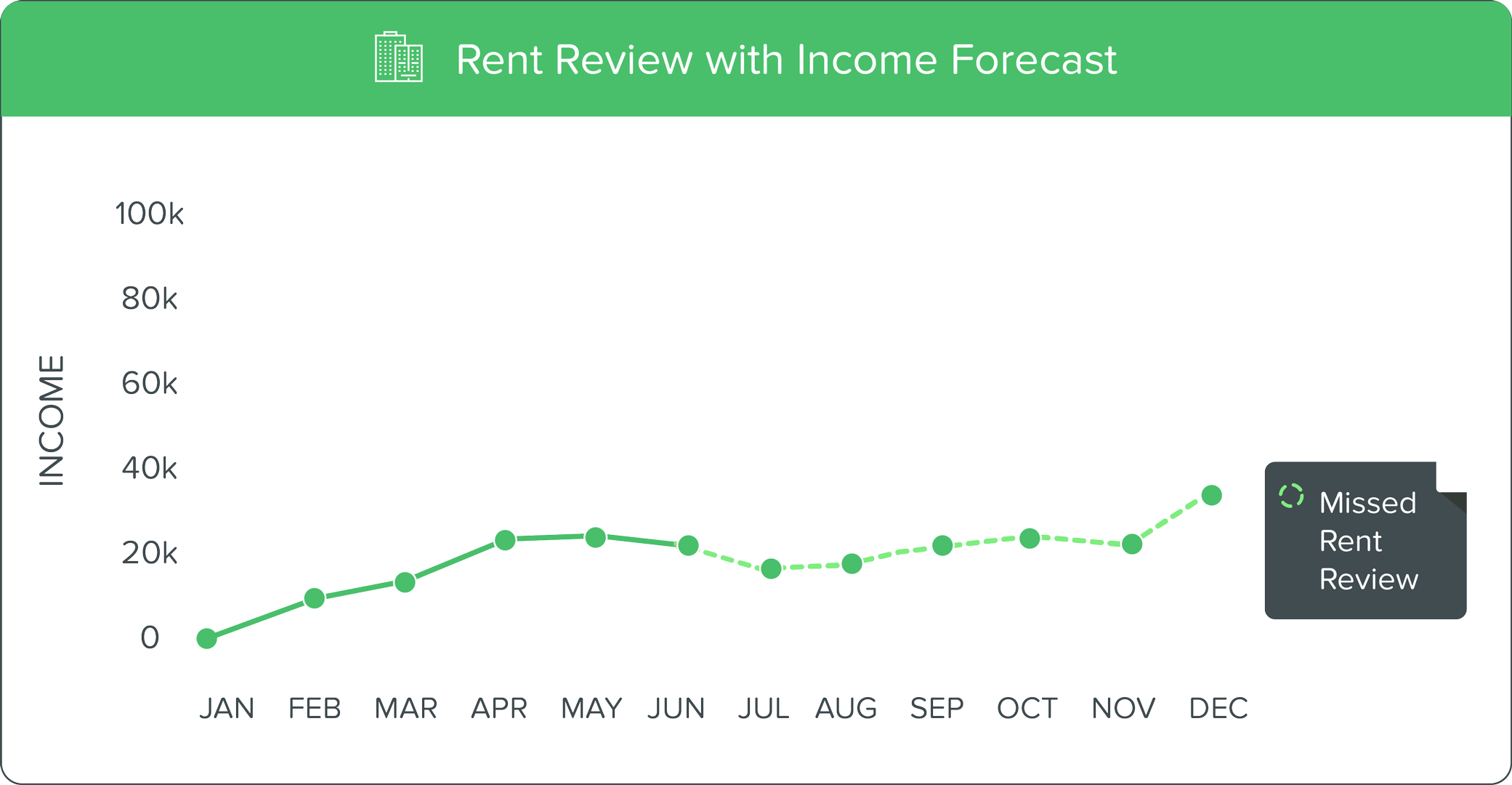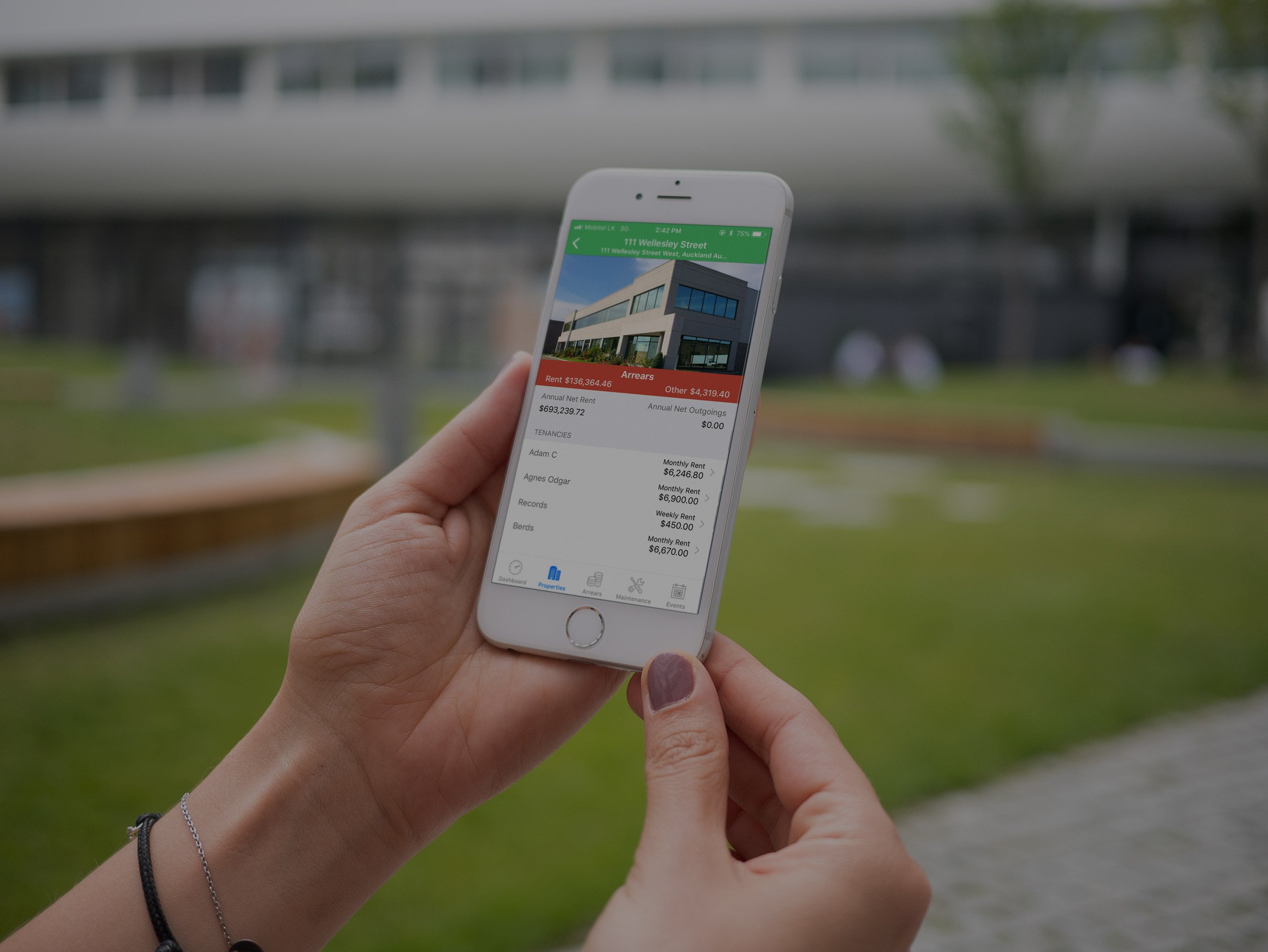Growth: A Guide For Property Managers
Modern Commercial Property Management
Page summary: Every commercial property management agency wants to grow their rent roll and their business. And similarly, every landlord wants to expand their portfolio. In an industry that has historically lacked innovation, there are new technologies surfacing that help to automate daily workflows to save time and money, which is leading to exponential growth for global property managers who can now focus on the important tasks at-hand. On this page we have outlined the key things you need to know about modern commercial property management, and the things you need to know to be a standout property professional… plus a whole lot more.
Read time: 10 Minutes
What’s on this page? We’ve outlined it for you below.
- Introduction: What Has Changed About Commercial Property Management?
- Why Don’t Traditional Methods Of Property Management Work Anymore?
- Why Technology Is Necessary For Today’s Property Managers
- What Should World Class Property Management Software Offer You?
- How Property Managers Can Use KPIs To Grow Their Business
- What Should Property Managers Do Before Adopting Software And Technology?
- Addressing Challenges In Modern Commercial Property Management
- Conclusion: Commercial Property Management Software Is A Game Changer
Introduction: What Has Changed About Commercial Property Management?
Over the past decade, commercial property management has experienced few advances in technology adoption. Holistically, the wider real estate industry – particularly across sales and leasing departments – has remained dormant in its efforts to innovate.
Traditional methods of managing daily tasks have been centered around server-based, legacy software systems and spreadsheets: both methods have proven to be extremely costly due to their intensive nature of upkeep.
Each time a server needs to be replaced or upgraded, businesses have to outlay tens of thousands of dollars. And while spreadsheets don’t directly cost money, they chew up valuable time that should be spent elsewhere in the business. Essentially, the time in the work week that’s lost by manually updating a spreadsheet typically amounts in one day per week (or 8 hours).
Time has proven to be an extremely important variable in the modern property professional’s day, and the labour-intensive nature of legacy systems hasn’t held up. And this is where start up property technology companies – like Re-Leased – have made a huge difference in the market by producing cloud-based technology that automates their workflows.
The increased adoption of innovation software platforms has opened up endless business and portfolio growth opportunities for property management agencies and owners across the globe.
Why Don’t Traditional Methods Of Property Management Work Anymore?
Most simply put, traditional property management systems like spreadsheets require a lot of manual labour to use and keep up to date. If teams want to run reports and create snapshots of their portfolio management performance, they need to be well trained in how to write formulas within Excel, and make sure that their data collection is accurate. This takes time, unnecessary effort and it removes property management teams from their important, core tasks.
This method just hasn’t kept pace with the way business is conducted today, as organisations across a plethora of industries have adopted cloud-based technology solutions that plug right into their various departments. Innovative accountants, for example, are increasingly adopting cloud-based platforms like Xero to streamline their operations and reduce the labour associated with manual data entry.
The shift to embrace and build a business around technology is growing in popularity across global property management markets, too, where agencies and asset owners alike are moving their data across to software platforms that are built to automate workflows and ultimately make life easier.

Why Technology Is Necessary For Today’s Property Managers
In an ultra competitive marketplace, property management executives should always be looking for ways to reduce their costs. Cloud-based software solutions do well to keep costs low while providing the infrastructure to scale up (or down) as required. Property management software helps organisations provide better service, too.
It allows for the end-to-end automation and optimisation of key processes – the maintenance department is an area that technology really does a great job of revolutionising. The typical daily maintenance tasks is centered around phone calls, follow ups, calls to contractors, invoice-raising, and if using a spreadsheet, manual data refreshing. What’s the result? As outlined earlier in the piece, hours upon hours of laborious data entry, unclear turnaround times for tasks (time sensitivity aside), and delays between when tenants and landlords are notified of what’s happening.
What Should World Class Property Management Software Offer You?
- A purpose-built platform. Top software solutions are built by property managers, for property managers. This is the number one thing property management companies should discover when shopping around for a software solution.
For example, these are some potential questions to think about:
– Can you manage arrears?
– Does it integrate with other apps within your tech stack?
– Can you run reports?
– Can you manage maintenance tasks?
– Can you manage key dates across your portfolio?
– Can you invoice from the system?
– Is it easy to use?
– And can you reconcile payments?
- Data migration. So, if you’re currently using spreadsheets to manage your properties and decide to implement software instead, your data will get directly uploaded into the system (typically as a .CSV file). You won’t lose any key information for when you go-live with the software platform as your core property management system (PMS).
- Training and implementation. To get you up and running, implementation staff help property management companies integrate the software into their workflow to help them go live. Amid the implementation process, training sessions (typically four) take place so new users can get the most out of the product and learn how to maximise its features to automate workflows.
- Timely and committed support staff. A property management software product is as good as its support infrastructure – keep that top of your mind. Once you sign up and migrate your portfolio to a software platform, you will invariably experience some hiccups and roadblocks along your journey. But with a support network a click away, you won’t have to worry about not knowing the system back-to-front, and your concerns around getting things right at busy periods (like EOFY) will be mitigated.
- An open ear for feature requests. World class property management software is built around the workflow of its end users – property managers. But as every organisation is different in its approach, procedures and systems, even the greatest of software solutions aren’t a one size fits all product. There are going to be certain features that will be missing from the workflow, and this is where great property management software companies should see you as an asset. Software companies that are receptive to customer feedback and requests can help improve the experience for all of their consumers through system updates.
How Property Managers Can Use KPIs To Grow Their Business
In order to use data and KPIs to grow a property management business, short and long term goals have to clear. This may seem like an obvious point but not all businesses take performance measurement data seriously. Property management agencies can’t afford to drop the ball, as there’s a lot at stake: the growth of their rent roll, their business and their reputation.
For property managers, monitoring the performance of their rent roll is extremely important. It ultimately comes down to budgeting correctly and monitoring expenditure to extract the most value out for their clients.
At the beginning of every financial year, property managers have to carefully set a budget for the properties they’re managing to account for expenses and income, to ensure owners are increasing the earnings of their properties. Outgoings, and actuals against the budget is key to evaluate miscellaneous income streams from items such as internet fees, storage fees, parking space leases and water bills, for example.
Additionally, keeping an eye on vacancy and occupancy levels, as well as assessing rent levels will help to uncover the general health of their portfolio management and where it’s going – in terms of growth or stagnation – moving forward through the financial year.
What’s equally as significant for property managers is to measure the performance of their internal operations – without this in place how can a property management agency grow? How can more offices open? How can you expand across regions? Keeping an eye on KPIs can help to make this happen.
They are a really good source of information around how to assess and understand all information around business performance: things like financial trajectory, employee output, projected growth, staff satisfaction, and other measurables that are department-specific.
Keep in mind when defining KPIs for your property management agency it’s important to craft them to be specific, measurable, attainable, relevant and time-bound.

What Should Property Managers Do Before Adopting Software And Technology?
Business is really competitive today and technology is disrupting how business gets done. Those are looking for ways to innovate to gain an advantage over the market are adopting technology platforms. Whether it’s to improve efficiency, automate workflows or to enable scalability, technology can be the thing to elevate a business to the next level. For professionals working in an industry that has long been ripe for disruption (like property management), this couldn’t be more true. Our platform has saved our customers tens of thousands of hours spent on admin tasks, which they now spend on important tasks like growing their rent roll and managing their staff. Technology really is powerful.
Before going ahead with the adoption of a property management software to replace traditional systems, there are some important things property managers need to do before making a final decision. Here they are:
- Request a demonstration. Typically, property managers can choose to have a company representative demonstrate the software to the team, which is the recommended route. This way property managers can see the software in action. Alternatively, there is the option to request a demo log in – or demo account – as well. This allows you to play around with the software on your own terms (generally for around 2 weeks before the demo account is terminated).
- Read case studies. When in the consideration phase on the buying cycle, case studies are important to read because they outline real-world examples of how a software platform has helped an organisation improve their business. Search for case studies on the company’s website or simply ask the point-of-contact for those assets.
- Have a chat to the software company’s existing clients. In addition to checking out case studies, take it a step further by requesting to speak to the company’s existing clients to have a personable chat about their thoughts on the product, what happens when things go wrong and their overall thoughts on whether the product is a top recommendation.
- Finally, identify if it fits your unique business. Every property management agency is different. Some manage all residential, some strictly commercial and some have a rent roll boasting both property types. There is no benefit in a commercial property management company adopting a platform for residential markets. Make sure the software is built for your business and its approach to property management.
Addressing Challenges In Modern Commercial Property Management
The commercial property management process is complex and widely considered rigid. Controlling the workload and delivering results can be difficult for property managers – there are so many moving parts to keep on top of at all times.
Without the right systems in place and adequate resources, property managers can get caught up in a stressful cycle and make costly mistakes that have a negative impact on the agency (and its property owner clientele).
The competitive nature of the commercial property management industry is on the rise, and this is leading into an era where agency branding is more important than ever (particularly in times of economic downturn). To retain tenants, build an image synonymous with credibility and ultimately scale an agency requires clear messaging – in some cases even asset class specialisation.
A defining way to address modern challenges in commercial property management is to shape organisational focus around how to standout from the competition. Adopting software and a tech stack is a great place to start. With this agencies can streamline their operations, elevate their efficiencies and maintain a clear edge over the market.
Conclusion: Commercial Property Management Software Is A Game Changer
The constantly shifting nature of property management demands organisational agility. That is, in other words, the ability to move quickly to perceived industry changes. In commercial property management’s case, the rise (and the adoption) of technology and software platforms is changing businesses across the world.
Those who are upgrading their property management to software platforms are growing their businesses, saving time and money, and are ultimately upholding a competitive advantage over the competition. Why? Well, commercial property management companies who are slow to adopt software and technology platforms just simply can’t keep up.















